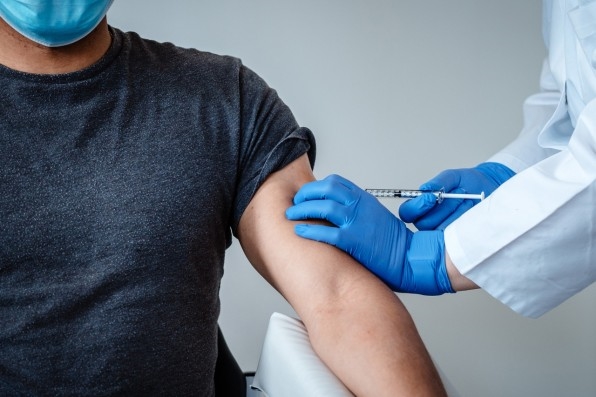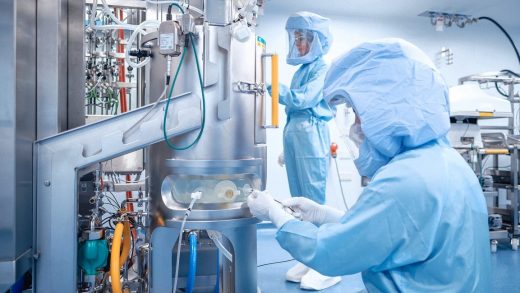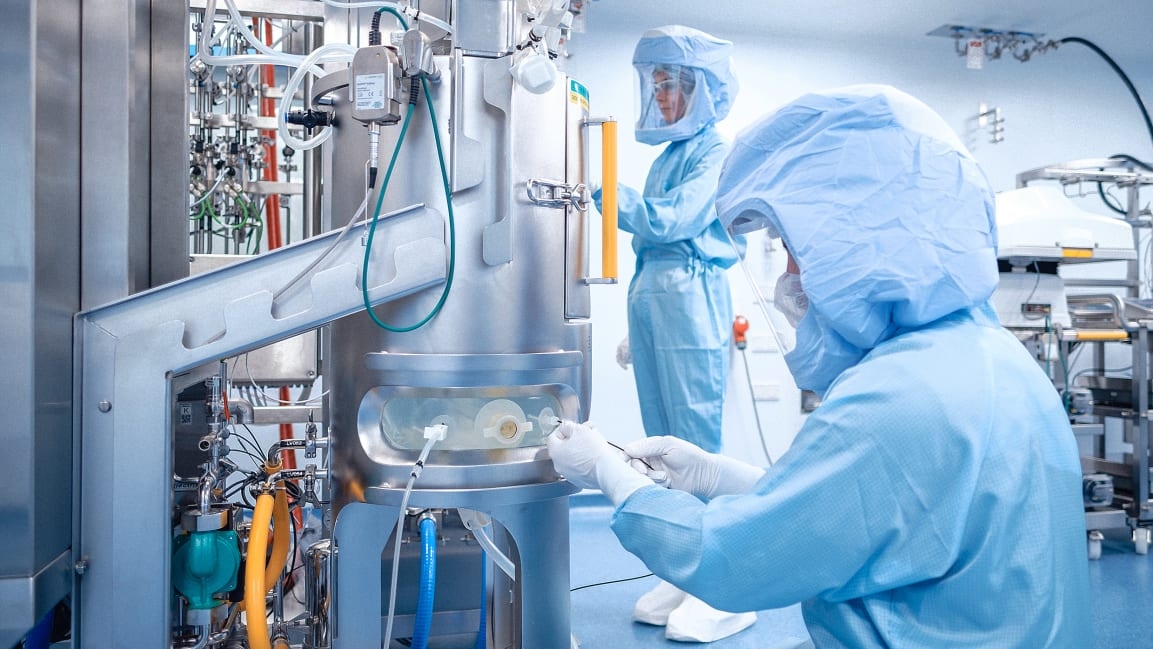How BioNTech created a new delta-focused COVID vaccine in just a few weeks
Because the company uses mRNA technology—a type of vaccine that uses the genetic code for a key protein in the virus to teach the body to make that protein and learn how to fight it off—editing the vaccine involves a relatively simple change in the code. “The vaccine we are using now has the original spike protein, and the only thing we basically need to do is cut out this part and take the spike protein of the delta variant,” says Özlem Türeci, co-founder and chief medical officer of BioNTech.

The mRNA technology “can serve as what is called a platform technology, which means that if you just make a change of a sequence of the code, the technology is so stable that everything else stays basically the same,” she says. “So in manufacturing, you don’t need to change too many things that you need to discuss with regulators and show that there’s quality control. You can use the original process.”
Making each new version of the vaccine can take only weeks. “If you have the sequence, then we are able in principle to make the vaccine within less than four weeks,” says cofounder and CEO Ugur Sahin, who led the record-breaking 11-month path of the first COVID vaccine from the lab to approval. (Previously, the fastest vaccine ever developed took four years.) “With all the testing which is required, it takes us less than 100 days to really ship the vaccine. It will become shorter with time, because everything is going to be improved and accelerated. That’s really the power of the technology: You can be extremely fast.”
In tests, BioNTech and Pfizer have found that a third dose of the original COVID vaccine helps give more protection against the delta variant. Some critics have questioned whether a third shot is necessary, and the U.S. Centers for Disease Control and Prevention (CDC) hasn’t yet authorized booster shots. But Pfizer data suggests that the extra dose “strongly” boosts protection against delta. For practical reasons, if it’s effective, it’s an easier process than making an entirely new vaccine—the first vaccine already has emergency use authorization and is soon likely to have full approval, and production of that version is already happening at full speed.
But the company is also now starting clinical trials of the delta version of its vaccine so that it and regulators can make the best choices. Delta may mutate even more in ways that make a targeted vaccine more necessary. And in places where few people are vaccinated now, such as many African countries, it may make more sense to start with a vaccine targeting delta if it’s the dominant strain. (There are actually multiple strains of the delta variants, so the variant to target will depend on which dominates.)
Before the COVID pandemic, the company was focused on using the same mRNA technology to make personalized cancer vaccines, based on the molecular data from a patient’s tumor. “The patient gets their individualized, unique, on-demand-produced cancer vaccine,” Türeci says. “And we have done that for many patients in clinical trials. And each of our patients is like a variant.” The mRNA technology also made sense in that application because it could be adapted to each patient quickly.
BioNTech is testing versions of the vaccine for all of the variants, including alpha, beta, gamma, delta, epsilon, lamda, and theta. “We are continuously testing and evaluating that, and we have also a particular focus on the lambda variant, which emerged in South America,” says Sahin. “This is really an approach where we globally evaluate and assess what kind of variants are emerging, and we’re evaluating that early on. We’re preparing DNA backbones to ensure that if a new variant vaccine would be required, that we can act fast.”
(50)



